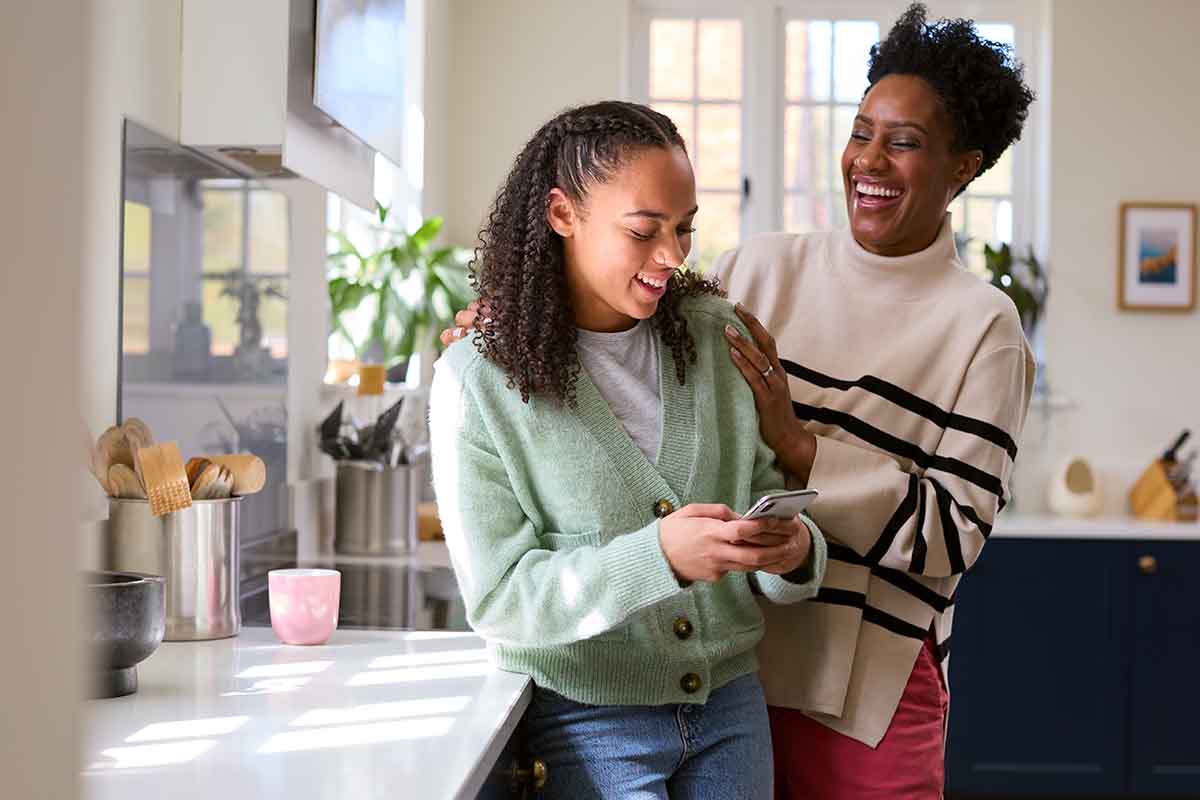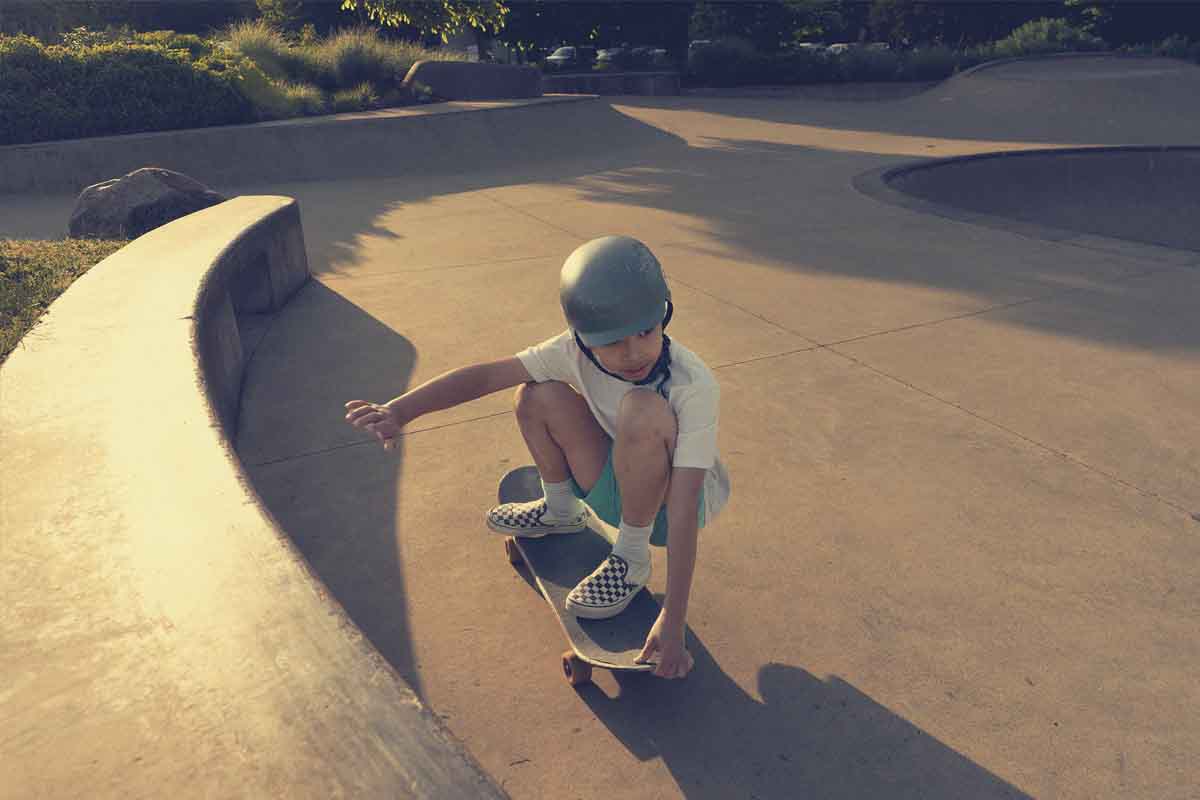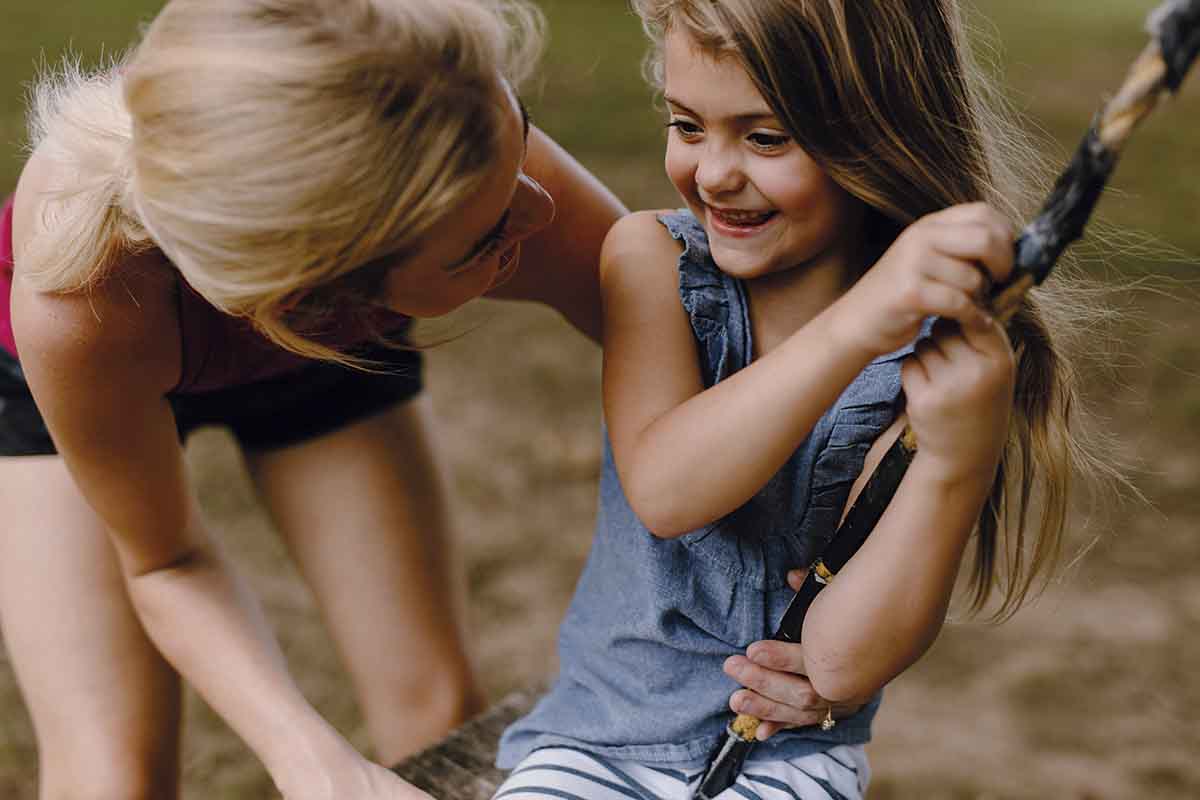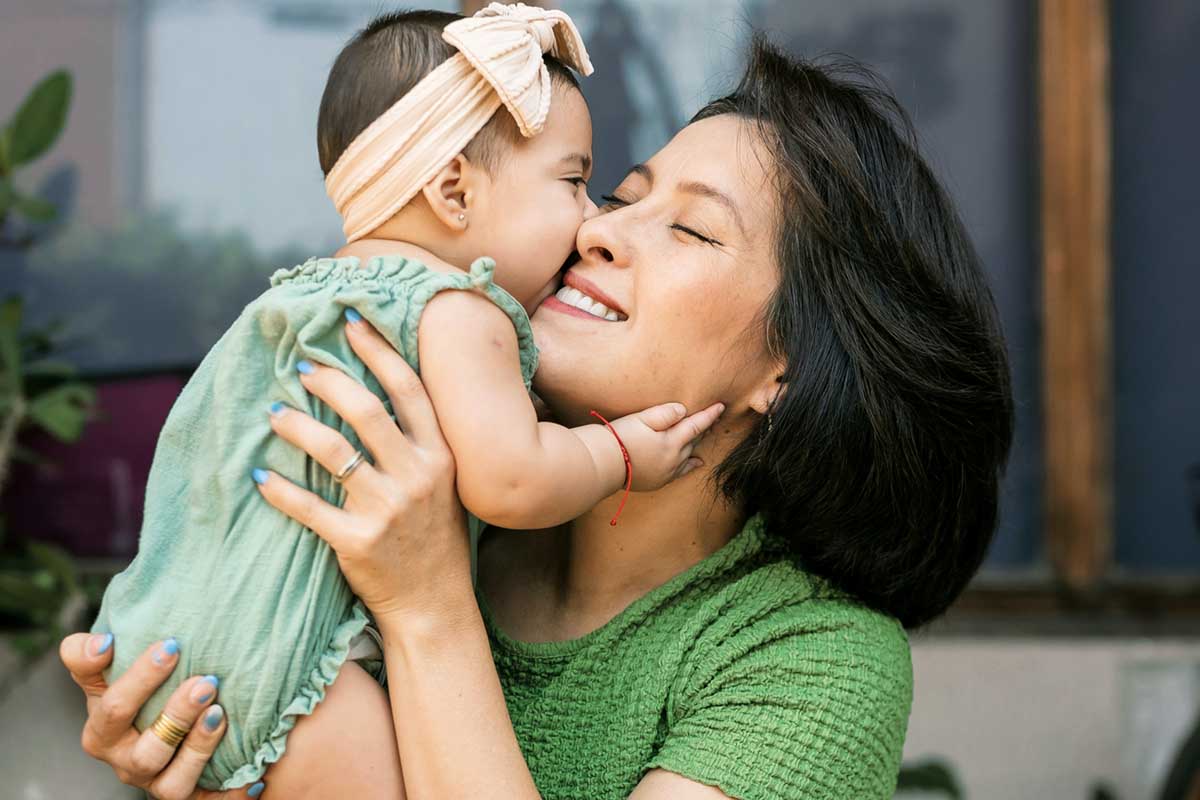Advertisement
All the Little Ways Having a Pet Benefits Your Health
From companionship to better health, your pets have you covered

You do it because it’s your routine, or maybe you don’t do it because it’s become routine. Either way, you don’t enjoy working out anymore. It doesn’t have to be this way. Let’s make exercise great again (MEGA)—hats not included.
Will and dog Rosie are inseparable. She goes where he goes, period. If she’s not welcome, he opts out. No, she is not spoiled and no, he is not a recluse. “She gets me. Rosie is not just a dog, she is my wordless companion; by my side no matter what,” he says. Will loves a good chat with people, but it’s Rosie who makes his world complete.
Advertisement
What’s the magic?
Think about holding a puppy or letting your hand slide over your dog’s back as she leans against you in that familiar way; having your cat curled up on your lap. Anyone who has petted a dog or a cat attests to the “magic” that comes with it.
“Pets make us feel good because they ground us, appealing to our senses (less the taste),” explains Catherine Cloutier, registered clinical counsellor in Kamloops, BC, who often has her dog, Sunshine, present during sessions. Most people’s pasts and futures are emotional and stress-loaded, Cloutier explains. “The present moment holds the most peace, and pets help us get in the moment as we see and touch them and get attuned to them,” she adds.
A 2017 study looked at the biochemistry behind that feel-good petting. Humans and dogs alike experienced a boost in oxytocin levels. That’s the hormone secreted when mothers nurse their babies and that stimulates uterine contractions during childbirth. Also called “love hormone,” oxytocin plays a role in the bonding between a mother and her baby and between partners.
Did you know?
Gently petting your dog promotes the release of oxytocin, which decreases stress and induces relaxation (few need science to tell us that).
Another study concluded dog ownership has some serious health perks, such as lower risk of cardiovascular disease in single-person households and lower mortality for the general population. Owning a dog increases your chances of getting active in the outdoors, another study concluded. In other words, they make you feel good and they get you out of the house and moving, which improves your overall well-being and health.
Advertisement
Facebook or Fido?
Our relationship with social media is a complicated one. Staying connected comes with a price tag that includes our emotional well-being. We compare lifestyles, meals, vacations, and even our pets’ behaviour online, and that can leave someone’s self-esteem hurting.
That’s but one of the reasons people turn their backs on social media platforms and instead opt for the company of their pet, be it by taking the dog for a walk or curling up on the sofa with the cat and a good book. If social media can affect our mood, increase anxiety, and even contribute to depression, the relationships we forge with our pets carry minimal risks.
“Pets offer nonjudgmental, unconditional support,” says Cloutier, but she adds, “It’s essential to have human presence.” We crave human connection, she explains, but not through screens. In a life healthily balanced with humans, the presence of a pet adds a beautiful supplement. “The pets do the grounding,” says Cloutier, “but we need direct contact with other humans; we suffer without human contact.”
Did you know?
Pets help decrease loneliness and depression, but with one caveat: pet owners must have human confidants for extra support (it puts less pressure on your pet too).
Advertisement
Is that a fur baby or not?
It’s not unusual to hear people say “dog parents” rather than “dog owners,” and it’s not unusual to have someone ask how old your “fur baby” is when hanging out at the dog park. Do we look at dogs the same way we look at our children?
A small study tried to answer: one of the critical attachment centres in the brain, the amygdala, gets activated when participants looked at their babies or their dogs, while other areas, also critical to bond formation, were activated only when mothers looked at their babies’ photos. When it comes to visual processing and social cognition, dog images elicited a stronger response. Yes, moms love both their babies and dogs, but there is, of course, something reserved for the babies alone.
But, to be fair, we cannot help anthropomorphizing. We understand life through emotions, and attributing humanlike emotions to our pets is one aspect of the bond we share with them. A worthwhile bond that, as Will said with a big smile, “completes us in a special way.”
Advertisement
Having a pet means …
- unconditional love
- nonjudgment (no matter what)
- decreased stress and anxiety
- lower risk of depression
- better cardiovascular health
- immediate comfort





